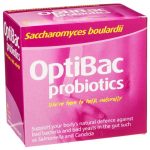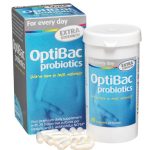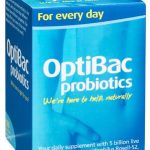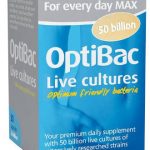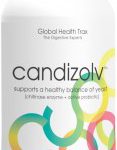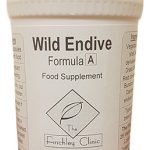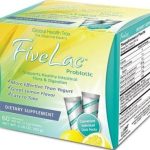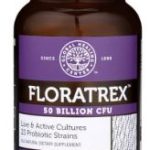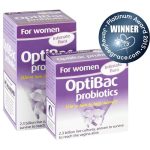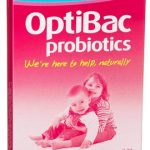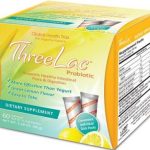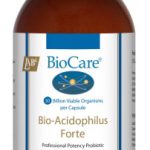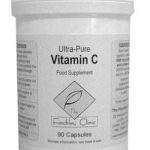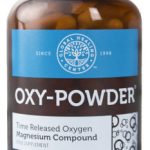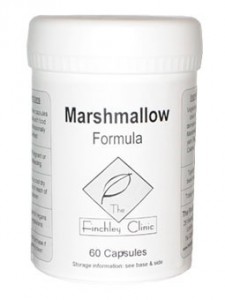Does Floratrex need refrigeration?
This question around Floratrex probiotic has been causing us a lot of frustration. We have recieved a number of emails from customers in a huge panic thinking that the product we have sent them must have been ruined because it has not been sent to us in a cool bag, even though the American distributors do that as stated on their web site. Some customers have been pretty hostile questioning our integrity, product knowledge and in one or two cases more or less accused us of swindling them. Now, let me reply to this concern. We have been in business for a long time (I have been dealing with probiotics for well over 25 years!), and we can assure you that we do know what we are doing.
In the UK, not only is refrigeration not necesary but we are not entirely sure why they are doing this even in the USA, as some of the strains it contains (the spore based ones to be specific) may actually be damaged by doing this. This was confirmed to me in a discussion I had some years ago with a PhD microbiologist, who had a particular specialism in probiotics, who told me in no uncertain terms that spore form probiotics should definitely stay out of the fridge. So I challenged the company on this. They ignored my request to comment specifically on this point (I then tried a second time when they did not answer me the first time, after which I gave up trying, as they clearly couldn’t or wouldn’t answer the question) but here are some extracts of the reply I did get
“The majority of strains in Floratrex are spore based which do not require refrigeration (however what they did not own up to was the fact that spore form proboptics could be damaged by refrigeration)...We have performed stability testing on Floratrex and have shown that even at room temperature (below 80 F) the potency will still be at or above the CFU’s stated on the label…This is confirmed with third party quantitative testing of active CFU’s at 18 months at room temperature.
To summarize (note American spelling!) it is not necessary to refrigerate the product, however if a customer is wishing to extend the shelf life and guarantee preservation of the product for as long as possible, refrigeration is helpful”. Now, we would question even the “refrigeration is helpful” remark as I have it on the highest authority that spore based probiotics could be weakened by refrigeration, especiallyif this is done long term. In fairness they also state “The probiotic raw material source we purchase from also suggests refrigerated storage to maximize shelf life even though it is not “required””, but I would question whether this information is fully accurate given the aforementioned comments.
Either way, please do not panic if we send this to unrefrigerated, the product is fine, as proven by the reviews from our customers which you can of course read by clicking “reviews” at the top of the page. If we were sending you spoilt product, how come Floratrex still works? All we will say is please DO keep it out of direct sunlight which can damage the product, though even there, the dark bottle gives Floratrex quite good protection from sunlight anyway, and nothing bad is likely to happen if you accidentally leave in a sunny place for a little while.
Just one further comment on this concern. Floratrex has been around for a little while and for the first year or so, the manufacturers shipped the product unrefrigerated to their domestic customers, and only began sending it to them in an ice bag after they had been selling it for a while. I can only guess that this was done as a precaution, given that they are based in Texas where temperatures frequently exceed 100F from May to September, and are above 80F most of the year. It’s also very, very humid there (I visted them in person so have personal experience of this region of the country), so perhaps that’s also a factor. So basically their climate bares almost no resemblence to say, Aberdeen, Scotland or even our warehouse in Berkshire.
Hope this clears things up
Best wishes
Mark G. Lester – Company Founder / Owner / Director / Basically The Big Cheese

